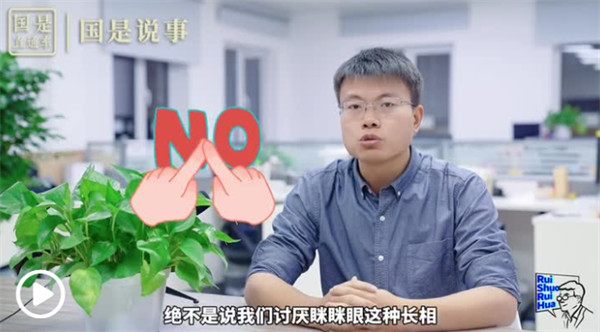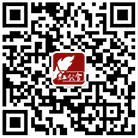
打不开?点这里>>>
中新网北京12月30日电(蒋鲤) 近日,三只松鼠产品宣传海报上模特的“眯眯眼”妆容被部分网友认为是在丑化国人,在微博上引起热议。其实,网友们争论的焦点并非模特个人的长相特征,而是这则海报的背后有没有刻意塑造迎合西方审美的妆容,去恶意丑化和污蔑中国人的形象。
长期以来,小眼睛、吊眼梢这种对中国人的刻板印象曾被西方用来实施卑鄙的种族主义攻击。在一些西方国家早期的电影和漫画中,许多中国人都是这种“眯眯眼”形象。比如,“傅满洲”这个“眯眯眼”,就是典型的辱华符号,是对中国人的刻板偏见和歧视。
因此,对“眯眯眼”海报背后可能存在的辱华倾向和种族歧视进行反击,绝不是网友们反应过度,而是中国人对民族形象和民族尊严的维护。我们必须警惕这种带有歧视色彩的审美情趣的渗透,对可能存在的故意丑化行为坚决抵制。
超过14亿的中国人里,有大眼睛也有小眼睛,有高鼻梁也有秀丽眉,各有各的美。我们接受多元审美,在意的也并非长相本身,而是有没有被尊重。打着“高级脸”的幌子,迎合西方人眼中扭曲的“东方美”,注定不会为中国人所接受。
无论是出于什么样的灵感和设计,都应尊重中国人的文化背景和情感。有意无意地丑化和侮辱中国人,有很多前车之鉴。在中国,是绝对行不通的。

Controversy over 'slanted eyes' shows China's boycott of insulting symbols
By John Lee
(ECNS) -- An advertisement featuring a model with small, narrow eyes has triggered a heated debate on China's social media platform Weibo. Critics say it portrays the derogatory Chinese stereotype of "slanted eyes."
The "slanted eyes" stereotype has long been used by Western racists to insult Chinese people. Many Chinese images in early American movies and cartoons usually have "slanted eyes," such as Fu Manchu, a typical super villain used to insult China. The image shows Western prejudice and discrimination against Chinese and is undoubtedly offensive and derogatory.
Therefore, Chinese netizens did not overreact or act too sensitively. They have to fight back to defend their national image and dignity against insults and discrimination. They have to guard against the infiltration of this discriminatory aesthetic and resist deliberate "uglification."
Big eyes, small eyes, high-bridged noses, comely eyebrows...Over 1.4 billion Chinese look different and we acknowledge different types of beauty. What Chinese people care about is not appearance, but whether they are respected, so they refuse to accept the distorted "Oriental beauty" that caters to Western stereotypes about Chinese and other Asian people.
Therefore, inspirations and ideas, in whatever form, should respect Chinese people's feelings and cultural background. Behaviors uglifying or humiliating Chinese will surely be boycotted.


 红歌会网 SZHGH.COM
红歌会网 SZHGH.COM

 粤公网安备44030002003979号
粤公网安备44030002003979号
